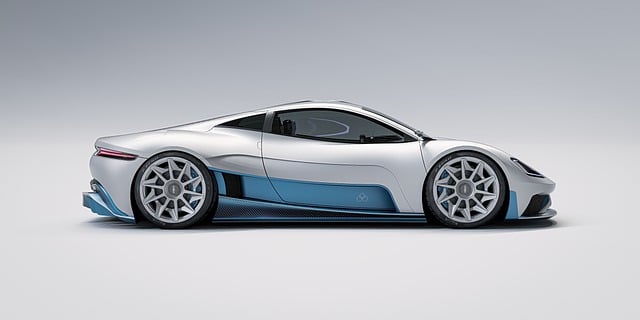The global shift towards electric vehicles (EVs) is transforming the automotive industry and creating new opportunities and challenges for various sectors. One sector that is significantly impacted by this transition is India’s auto components manufacturing industry.
As electric vehicles gain momentum in India, the demand for electric vehicle components is increasing, prompting the auto components manufacturing sector to adapt and innovate. This article explores the impact of electric vehicles on India’s auto components manufacturing sector, including the opportunities for growth, technological advancements, and the need for upskilling and specialization.
New Opportunities for Growth
The rise of electric vehicles in India presents new opportunities for the country’s auto components manufacturing sector. Electric vehicles require a different set of components compared to conventional internal combustion engine vehicles.
These components include electric motors, power electronics, battery management systems, and charging infrastructure. As the demand for electric vehicles grows, the manufacturing sector has the potential to expand its product offerings and cater to this emerging market.
Technological Advancements and Innovation
Electric vehicles incorporate advanced technologies and systems, driving the need for technological advancements and innovation in the auto components manufacturing sector.

Manufacturers are required to develop and produce components that meet the specific requirements of electric vehicles, such as lightweight materials, high-energy density batteries, and efficient electric motor systems. This push for innovation stimulates research and development activities within the sector and encourages collaboration with technology providers, academia, and research institutions.
Localization and Supply Chain Integration
The adoption of electric vehicles in India presents an opportunity for the localization and integration of the supply chain within the auto components manufacturing sector. Currently, a significant portion of auto components is imported.
However, the shift towards electric vehicles allows for localized production and sourcing of components, reducing dependence on imports and enhancing domestic manufacturing capabilities. This localization trend strengthens the Indian supply chain, reduces costs, and creates job opportunities within the sector.
Upskilling and Specialization
The transition to electric vehicles necessitates upskilling and specialization within the auto components manufacturing sector. The manufacturing processes and technologies associated with electric vehicle components differ from those used in traditional components. Therefore, manufacturers need to invest in upskilling their workforce to meet the changing demands of the industry.
This upskilling involves training employees in new manufacturing techniques, materials, and technologies associated with electric vehicles. Specialization in electric vehicle components manufacturing can also help companies differentiate themselves and capitalize on the growing market.
R&D and Collaboration
The electric vehicle transition requires a significant emphasis on research and development (R&D) activities within the auto components manufacturing sector. R&D efforts focus on improving the performance, efficiency, and durability of electric vehicle components.
Manufacturers need to invest in R&D initiatives to develop innovative solutions that meet the evolving requirements of electric vehicles. Collaboration between manufacturers, academia, and research institutions becomes essential to drive technological advancements, share knowledge, and foster innovation within the sector.
Supply and Demand Dynamics
The shift towards electric vehicles in India affects the supply and demand dynamics within the auto components manufacturing sector. As the demand for electric vehicle components increases, manufacturers need to ensure their production capacity meets the growing market requirements. This may involve expanding existing facilities, investing in new manufacturing technologies, and optimizing production processes.
Additionally, the shift towards electric vehicles may impact the demand for certain conventional components used in internal combustion engine vehicles. Manufacturers need to assess the changing demand landscape and adapt their production capabilities accordingly.
Global Competitiveness
The electric vehicle transition provides an opportunity for India’s auto components manufacturing sector to enhance its global competitiveness. As the demand for electric vehicle components grows worldwide, Indian manufacturers have the potential to position themselves as key players in the global supply chain.

By capitalizing on the growing domestic market and leveraging their expertise in cost-effective manufacturing, Indian manufacturers can gain a competitive edge. However, maintaining competitiveness requires continuous innovation, adherence to quality standards, and the ability to meet the evolving needs of the electric vehicle industry.
Conclusion
The impact of electric vehicles on India’s auto components manufacturing sector is significant and far-reaching. The transition to electric vehicles presents new opportunities for growth, technological advancements, and the localization of manufacturing. Manufacturers need to adapt to the changing requirements of electric vehicle components through upskilling, specialization, and investment in R&D activities.
Collaboration between industry stakeholders, academia, and research institutions plays a crucial role in driving innovation and fostering competitiveness within the sector. As the demand for electric vehicles continues to rise, the auto components manufacturing sector in India has the potential to thrive by providing high-quality, locally produced components and contributing to the country’s sustainable mobility goals.
